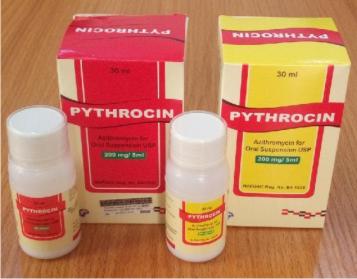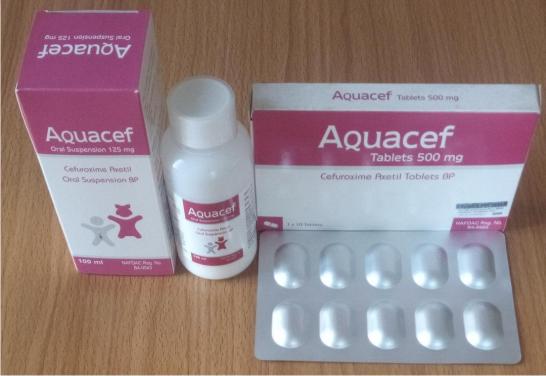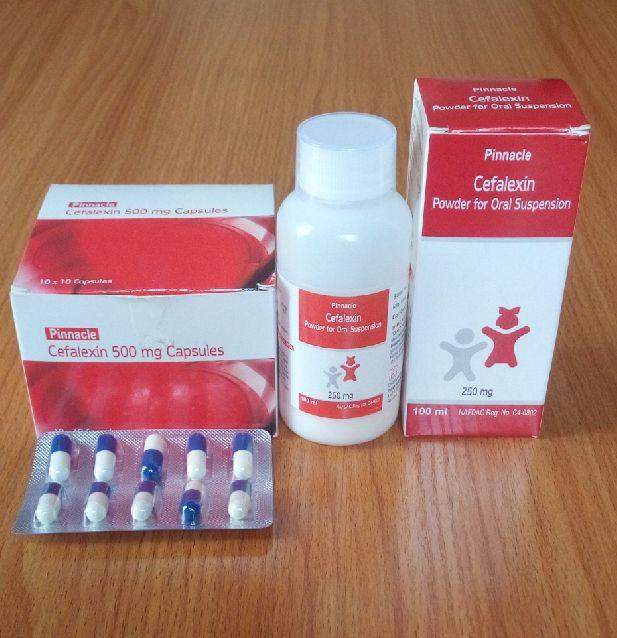–Think tank urges CBN to cut rates as economy enters rare disinflation phase

BY GODWIN OBI
The Independent Media and Policy Initiative (IMPI) has projected that Nigeria’s inflation rate will fall to 17 per cent by the end of 2025, citing signs of sustained disinflation in the economy.
The forecast comes on the heels of the National Bureau of Statistics (NBS) report, which showed inflation easing to 20.12 per cent in August from 21.88 per cent in July—continuing a downward trend from 24.5 per cent in January.
A Rare Slowdown
IMPI Chairman, Dr. Omoniyi Akinsiju, described the development as “a rare disinflationary trend” in Nigeria’s recent history.
“Inflation fell by 17.5 per cent between January and August 2025—the sharpest mid-year slowdown in over a decade. For the first time in nearly 10 years, Nigeria is witnessing a meaningful and sustained cooling of consumer prices,” Akinsiju said.
He noted that similar disinflation was last recorded in 2017 and 2018, contrasting with the accelerating inflation between 2020 and 2024.
Why Prices Are Cooling
According to IMPI, three key factors are driving the disinflation:
- Tight monetary policy – The Central Bank of Nigeria (CBN) maintained a 27.50% benchmark rate, curbing credit demand and speculative forex activities.
- Stable exchange rate – Increased inflows from oil exports, remittances, and non-oil earnings have steadied the naira.
- Improved food supply – Better harvests and relative calm in food-producing areas eased food price pressures.
With inflation already below the CBN’s 21% year-end target, IMPI believes the 17% mark is achievable, edging close to the federal government’s goal of 15%.
Call for Rate Cuts
The think tank urged the CBN’s Monetary Policy Committee to consider lowering rates at its next meeting.
It projects a 50 basis point cut soon and a cumulative 200 basis point reduction by December, alongside a planned review of the Cash Reserve Ratio from 50% to 35%.
“These adjustments would ease the cost of credit, boost business expansion, reduce production costs, and support job creation,” IMPI stated.
Business Recovery
IMPI also highlighted how improved currency stability has revived corporate earnings.
- Seven top companies that posted a combined ₦418bn loss in Q1 2024 rebounded to a ₦289.8bn profit in Q1 2025.
- By Q2 2025, all consumer goods companies returned to profitability, posting ₦264bn combined pre-tax profit.
“This sharp turnaround demonstrates how macroeconomic stability and cost control are reshaping Nigeria’s business environment,” Akinsiju said, noting that both domestic and global observers now view the economy as stabilising.
ADVERTISEMENTS:
















